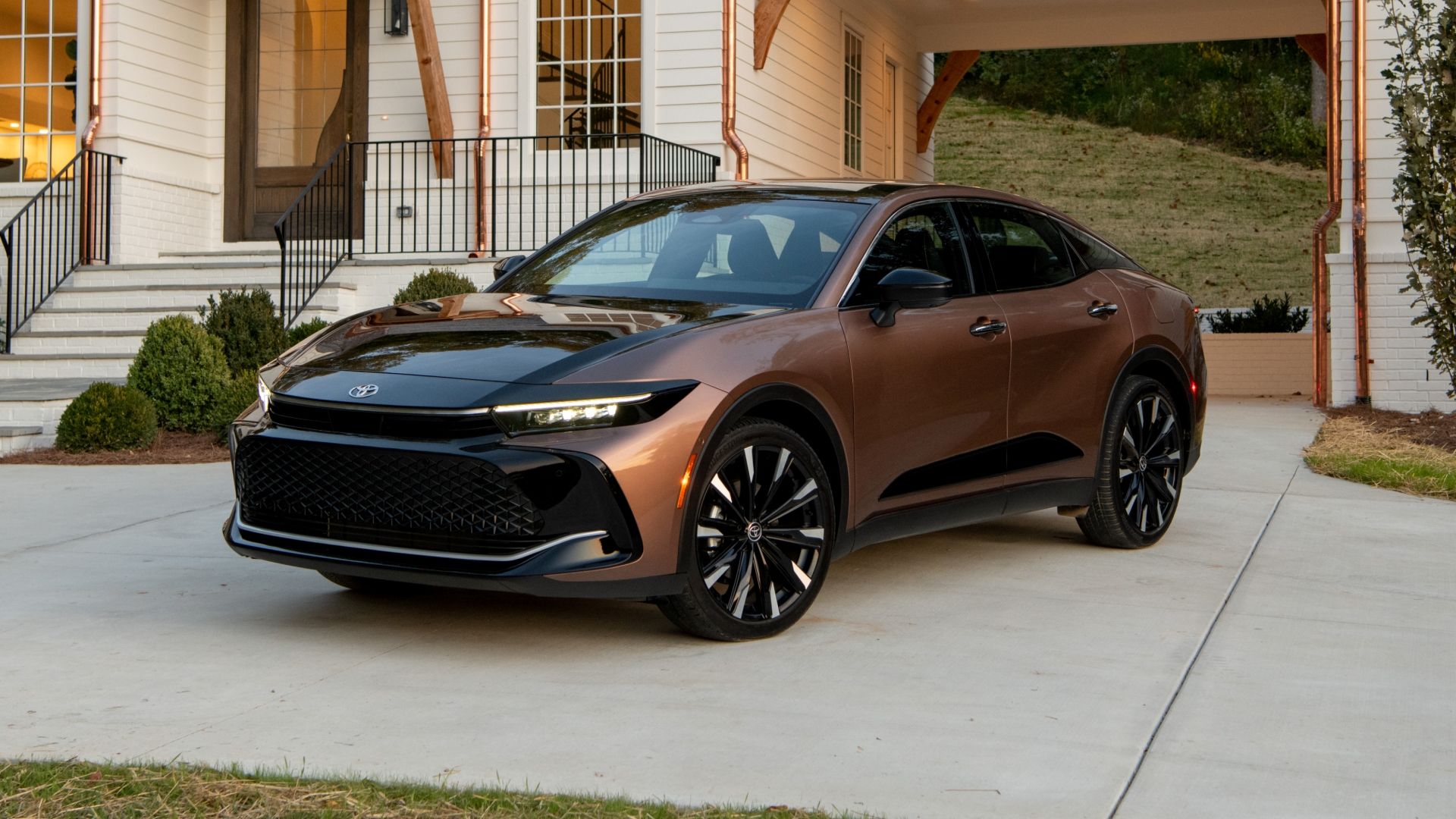Tech Versum: Explore the Future of Technology
Dive into the latest trends and innovations in technology with Tech Versum.
Hybrids: The Sneaky Fuel Sippers Taking Over Your Drive
Discover how hybrids are revolutionizing your drive while sneaking past gas pumps—efficient, eco-friendly, and here to stay!
Understanding Hybrids: How These Eco-Friendly Cars Maximize Fuel Efficiency
Understanding hybrids is crucial for anyone looking to reduce their carbon footprint while maximizing fuel efficiency. Hybrid cars combine an internal combustion engine with an electric motor, allowing them to optimize energy use. This innovative design enables the vehicle to switch between power sources or utilize both simultaneously, reducing reliance on fossil fuels and lowering emissions. According to the EPA, hybrids can achieve significantly better mileage than traditional gasoline vehicles, with many models boasting fuel economy ratings exceeding 50 miles per gallon!
Additionally, hybrids utilize regenerative braking, a feature that captures energy typically lost during braking and uses it to recharge the battery. This technology not only enhances fuel efficiency but also extends the life of the braking system. As more drivers prioritize eco-friendly choices, understanding the benefits of hybrids can make a significant impact. For a closer look at the mechanics behind these vehicles, check out Energy.gov.

The Rise of Hybrid Vehicles: Are They the Future of Sustainable Driving?
The rise of hybrid vehicles has transformed the automotive industry, marking a significant shift towards more sustainable driving solutions. As governments and organizations worldwide push for reduced carbon emissions, these vehicles are emerging as a practical alternative, combining traditional combustion engines with electric power to enhance fuel efficiency and lower environmental impact. According to the U.S. Department of Energy, hybrid vehicles can reduce greenhouse gas emissions significantly, making them an attractive option for eco-conscious consumers.
With advancements in technology, the future of sustainable driving is increasingly leaning towards hybrids. Manufacturers are investing heavily in research and development to improve battery life, reduce costs, and increase the range of hybrid models. This trend indicates a strong likelihood that hybrids will play a crucial role in the transition to greener driving solutions. Additionally, studies from sources like CNBC suggest that the market for hybrid vehicles is expected to grow exponentially over the next decade, potentially solidifying their status as a mainstay in the fight against climate change.
Hybrid vs. Traditional Cars: Which One is Right for You?
Choosing between hybrid and traditional cars can be a daunting task, especially with the increasing variety of options available in today's market. One of the key differences lies in fuel efficiency and environmental impact. The U.S. Environmental Protection Agency (EPA) reports that hybrid vehicles generally consume less fuel compared to their traditional counterparts, thanks to their ability to switch between gas and electric power. This not only helps reduce your carbon footprint but can also lead to lower fuel expenses over time, making them an appealing choice for eco-conscious drivers.
On the other hand, traditional cars, particularly those powered by gasoline, often come with lower upfront costs and a wider range of options in terms of model and performance. Many drivers still appreciate the straightforward mechanics of traditional vehicles and the absence of the complexities associated with hybrid technology. It's essential to evaluate your individual needs, such as driving habits and budget, before making a decision. For instance, if you primarily drive in the city with a lot of stop-and-go traffic, a hybrid might suit you better, while those who often take long highway trips might prefer the consistency of a traditional car. For further insights, check out Consumer Reports.